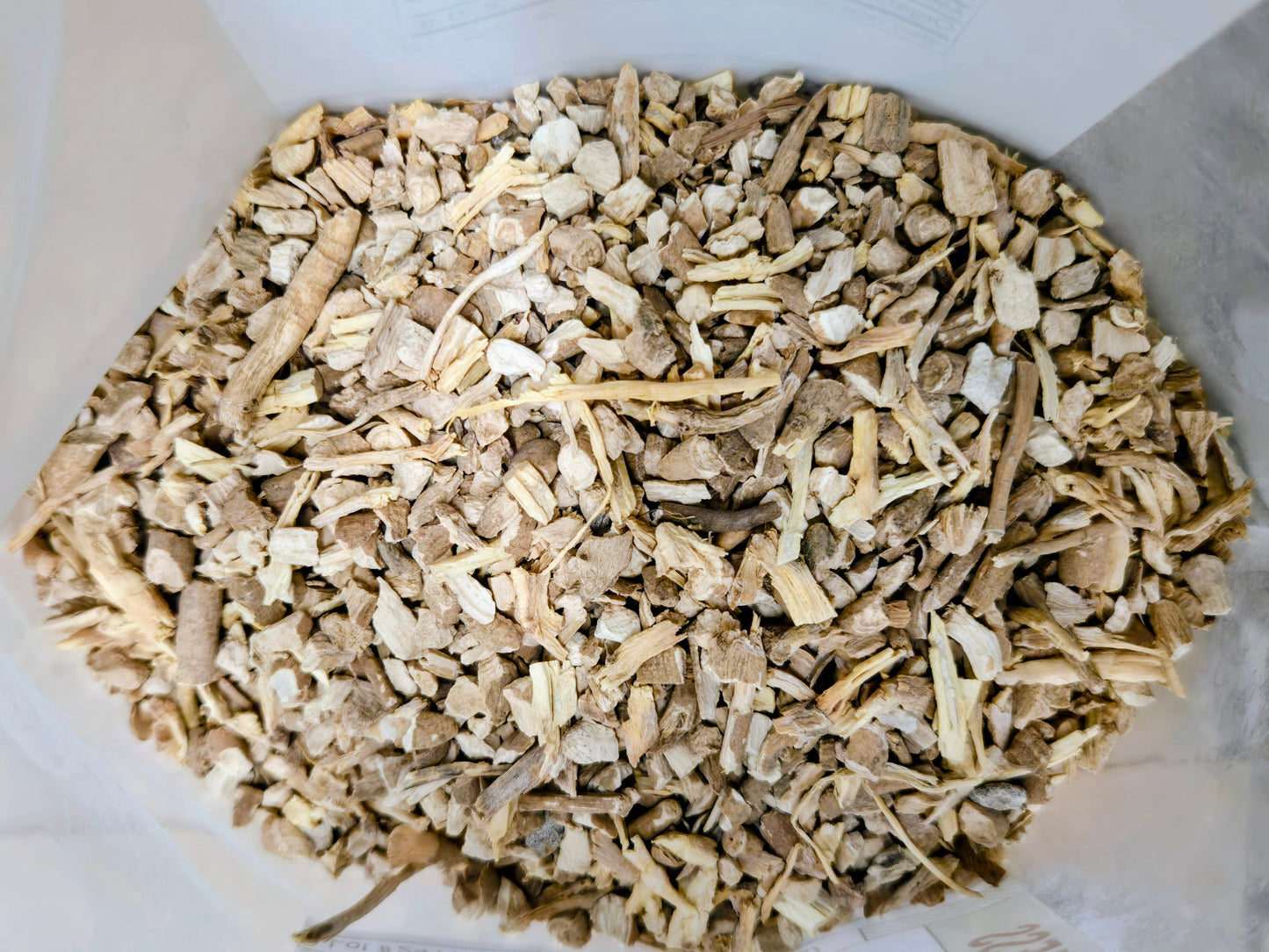
Healing Herbals
Ashwagandha Whole Root (Organic)
Ashwagandha Whole Root (Organic)
Couldn't load pickup availability
Organic Ashwagandha Whole Root
Healing Herbals' Organic Ashwagandha Powder is hand-picked from the root of the Ashwagandha plant that has been revered for generations by ancient wellness philosophies. This gentle, organic powder provides an organic means of bringing one of India's oldest of Ayurvedic herbs into your daily life.
Product Features
- 100% Organic Ashwagandha Root Powder
- Sourced with care for quality and purity
- Versatile for teas, tonics, smoothies, and blends
Introduce the legacy of Ashwagandha to your existence with Healing Herbals' Organic Ashwagandha Powder that is made for a connoisseur who savors classic botany at its best.
FDA Disclosure
These comments have not been evaluated by the Food and Drug Administration. This product does not diagnose treat prevent disease.
Share


Here at Healing Herbals Store
We carefully select suppliers who share our commitment to environmental stewardship and minimize waste through eco-conscious or reused packaging whenever possible. We prioritize supporting fair labor practices and are currently investing in regenerative farming methods, so every product reflects our dedication to both quality and the health of our planet. Shop now!

